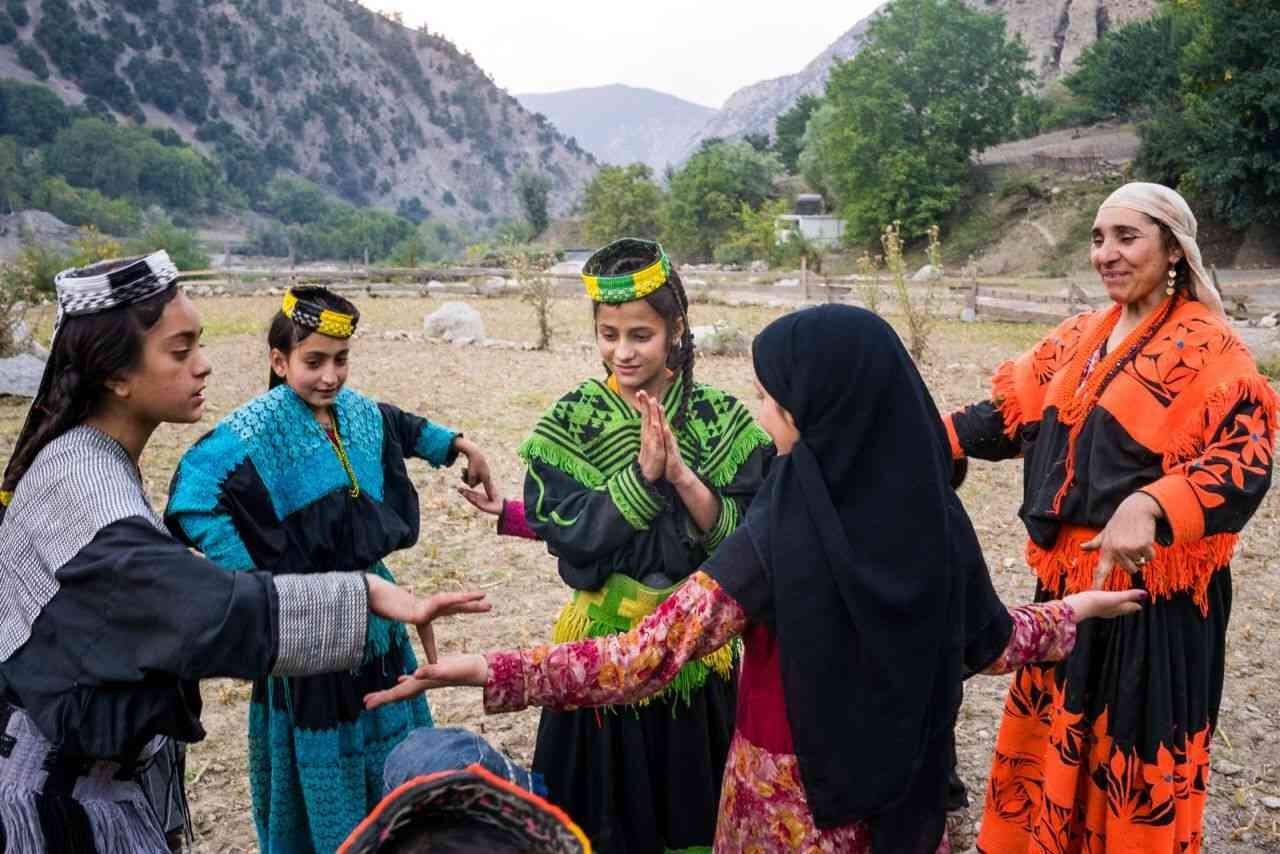Fascinating Cultural Traditions Still Alive Today

Have you ever wondered about the fascinating cultural traditions still alive today? Many ancient customs continue to thrive, offering a glimpse into the past while enriching our present. From Japan’s tea ceremonies to Mexico’s Day of the Dead, these practices connect us to history and community. Cultural traditions often involve rituals, celebrations, and unique ways of life passed down through generations. They provide a sense of identity and belonging, reminding us of our roots. Whether it’s dancing at a festival or preparing traditional food, these activities bring people together, fostering unity and understanding. Curious to learn more about these enduring customs? Let’s dive in!
Fascinating Cultural Traditions Still Alive Today
Cultural traditions offer a glimpse into the past, preserving the essence of a community's identity. These practices, passed down through generations, continue to thrive in various parts of the world. Let's explore some of these captivating traditions that remain vibrant today.
Traditional Festivals
Festivals often reflect the heart and soul of a culture. They bring people together, celebrating heritage through music, dance, and rituals.
Diwali in India: Known as the Festival of Lights, Diwali symbolizes the victory of light over darkness. Families light oil lamps, burst fireworks, and share sweets.
Carnival in Brazil: This vibrant festival features parades, samba music, and elaborate costumes. It marks the beginning of Lent and showcases Brazil's rich cultural diversity.
Oktoberfest in Germany: Originating in Munich, this beer festival attracts millions. It celebrates Bavarian culture with traditional music, food, and, of course, beer.
Unique Rituals
Rituals often hold deep spiritual significance, connecting people to their ancestors and beliefs.
Day of the Dead in Mexico: Families honor deceased loved ones by creating altars with their favorite foods, photos, and marigolds. It's a celebration of life and death.
Ma'nene in Indonesia: The Toraja people of Sulawesi practice this ritual, where they exhume and clean the bodies of their ancestors, dressing them in new clothes.
Tea Ceremony in Japan: This ritualistic preparation of tea emphasizes harmony, respect, purity, and tranquility. It's a meditative practice that has been refined over centuries.
Traditional Clothing
Clothing often signifies cultural identity, with each piece telling a story of its origins.
Kimono in Japan: This traditional garment, worn on special occasions, features intricate designs and symbolizes Japanese culture and aesthetics.
Sari in India: A long piece of cloth draped elegantly, the sari is a symbol of grace and tradition, worn by women across India.
Kilt in Scotland: This knee-length skirt, made of woolen cloth in a tartan pattern, represents Scottish heritage and is often worn during cultural events.
Ancient Crafts
Craftsmanship passed down through generations keeps ancient techniques alive, showcasing the artistry of a culture.
Pottery in Greece: Greek pottery, with its distinctive black and red figures, tells stories of mythology and daily life. Artisans continue to create these beautiful pieces.
Weaving in Peru: The Andean people weave intricate textiles using traditional methods. These colorful fabrics often depict symbols of their cosmology and history.
Wood Carving in Bali: Balinese wood carvers create stunning sculptures and masks, often depicting deities and mythological creatures, preserving their artistic heritage.
Traditional Music and Dance
Music and dance are universal languages that express the soul of a culture, passed down through generations.
Flamenco in Spain: This passionate dance form, accompanied by guitar and singing, reflects the rich cultural tapestry of Andalusia.
Hula in Hawaii: Hula dance, accompanied by chants and music, tells stories of Hawaiian mythology and history, preserving the islands' cultural heritage.
Samba in Brazil: Samba, with its lively rhythms and movements, is a symbol of Brazilian culture, celebrated during Carnival and other festivities.
These traditions, whether through festivals, rituals, clothing, crafts, or music, continue to thrive, offering a window into the diverse cultures that make our world so rich and vibrant.
Cultural Traditions Keep Our World Vibrant
Cultural traditions give us a glimpse into the past while shaping our present. They connect us to our roots, offering a sense of belonging and identity. From Japan's tea ceremonies to Mexico's Day of the Dead, these practices enrich our lives, making our world more colorful and diverse. They teach us respect, patience, and the value of community. By participating in or even just learning about these traditions, we gain a deeper understanding of different cultures and their unique perspectives. This knowledge fosters empathy and appreciation for the diversity that makes our world so special. So, next time you encounter a cultural tradition, take a moment to appreciate its history and significance. Embrace the opportunity to learn and grow, keeping these vibrant practices alive for future generations.

